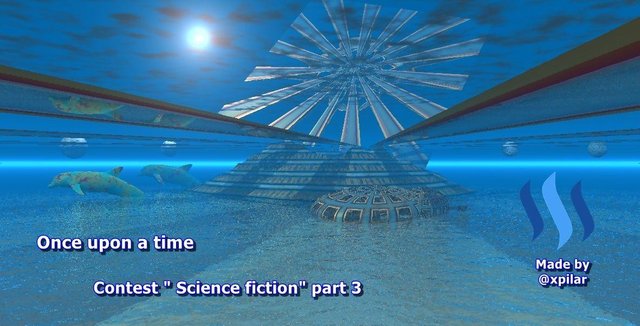RE: New Contest from @Xpilar 7/11-2017 "get free upvote"
As technologies become more sophisticated, their links to science become stronger. In some fields, such as solid-state physics (which involves transistors and superconductors), thue ability to make something and the ability to study it are so interdependent that science and engineering can scarcely be separated. New technology often requires new understanding; new investigations often require new technology.
Engineering Combines Scientific Inquiry and Practical Values
The component of technology most closely allied to scientific inquiry and to mathematical modeling is engineering. In its broadest sense, engineering consists of construing a problem and designing a solution for it. The basic method is to first devise a general approach and then work out the technical details of the construction of requisite objects (such as an automobile engine, a computer chip, or a mechanical toy) or processes (such as irrigation, opinion polling, or product testing).
Much of what has been said about the nature of science applies to engineering as well, particularly the use of mathematics, the interplay of creativity and logic, the eagerness to be original, the variety of people involved, the professional specialties, public responsibility, and so on. Indeed, there are more people called engineers than people called scientists, and many scientists are doing work that could be described as engineering as well as science. Similarly, many engineers are engaged in science.
Scientists see patterns in phenomena as making the world understandable; engineers also see them as making the world manipulable. Scientists seek to show that theories fit the data; mathematicians seek to show logical proof of abstract connections; engineers seek to demonstrate that designs work. Scientists cannot provide answers to all questions; mathematicians cannot prove all possible connections; engineers cannot design solutions for all problems.
But engineering affects the social system and culture more directly than scientific research, with immediate implications for the success or failure of human enterprises and for personal benefit and harm. Engineering decisions, whether in designing an airplane bolt or an irrigation system, inevitably involve social and personal values as well.
But there is no perfect design. Accommodating one constraint well can often lead to conflict with others. For example, the lightest material may not be the strongest, or the most efficient shape may not be the safest or the most aesthetically pleasing.

nice
Thank u @xpilar